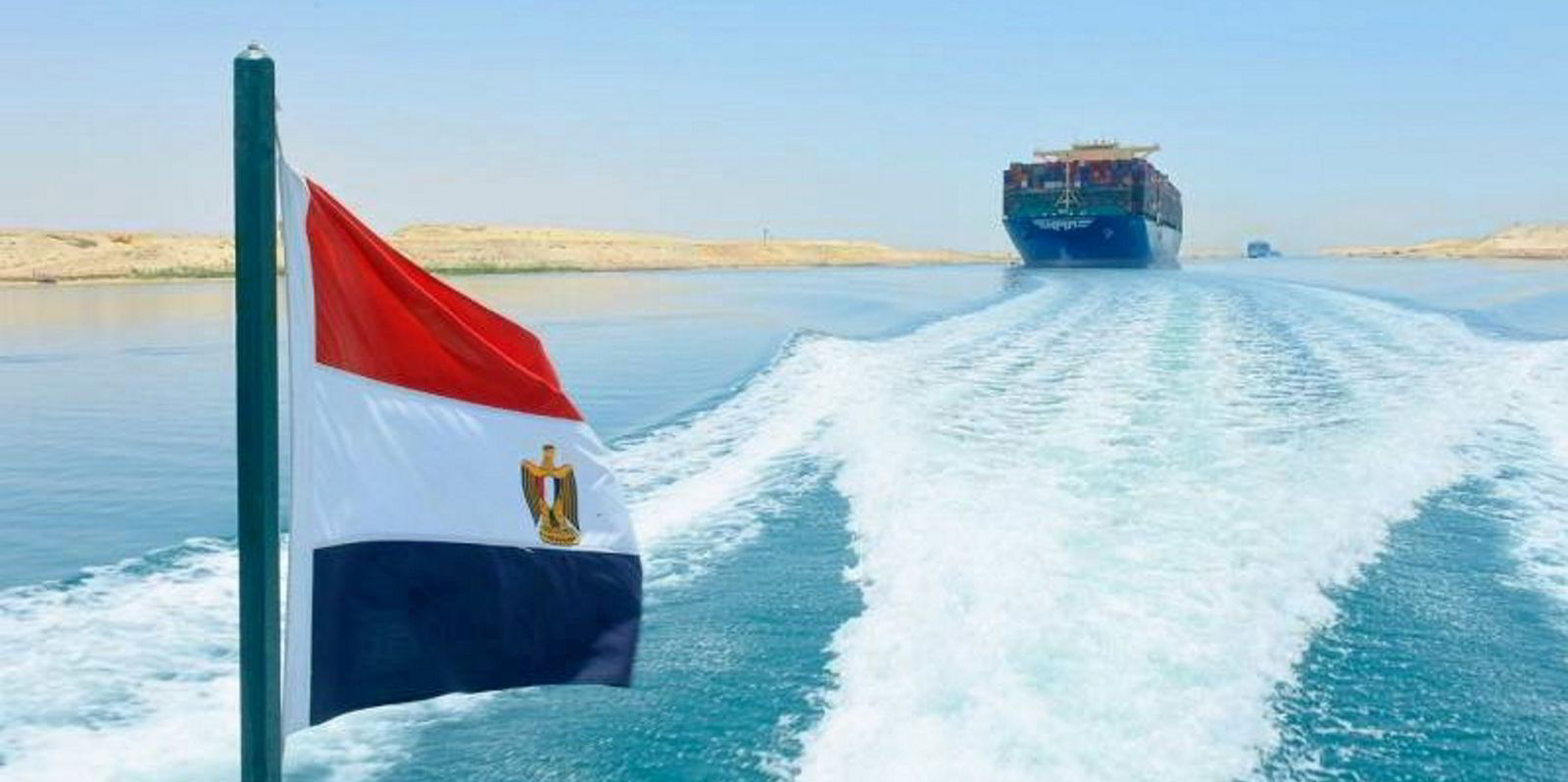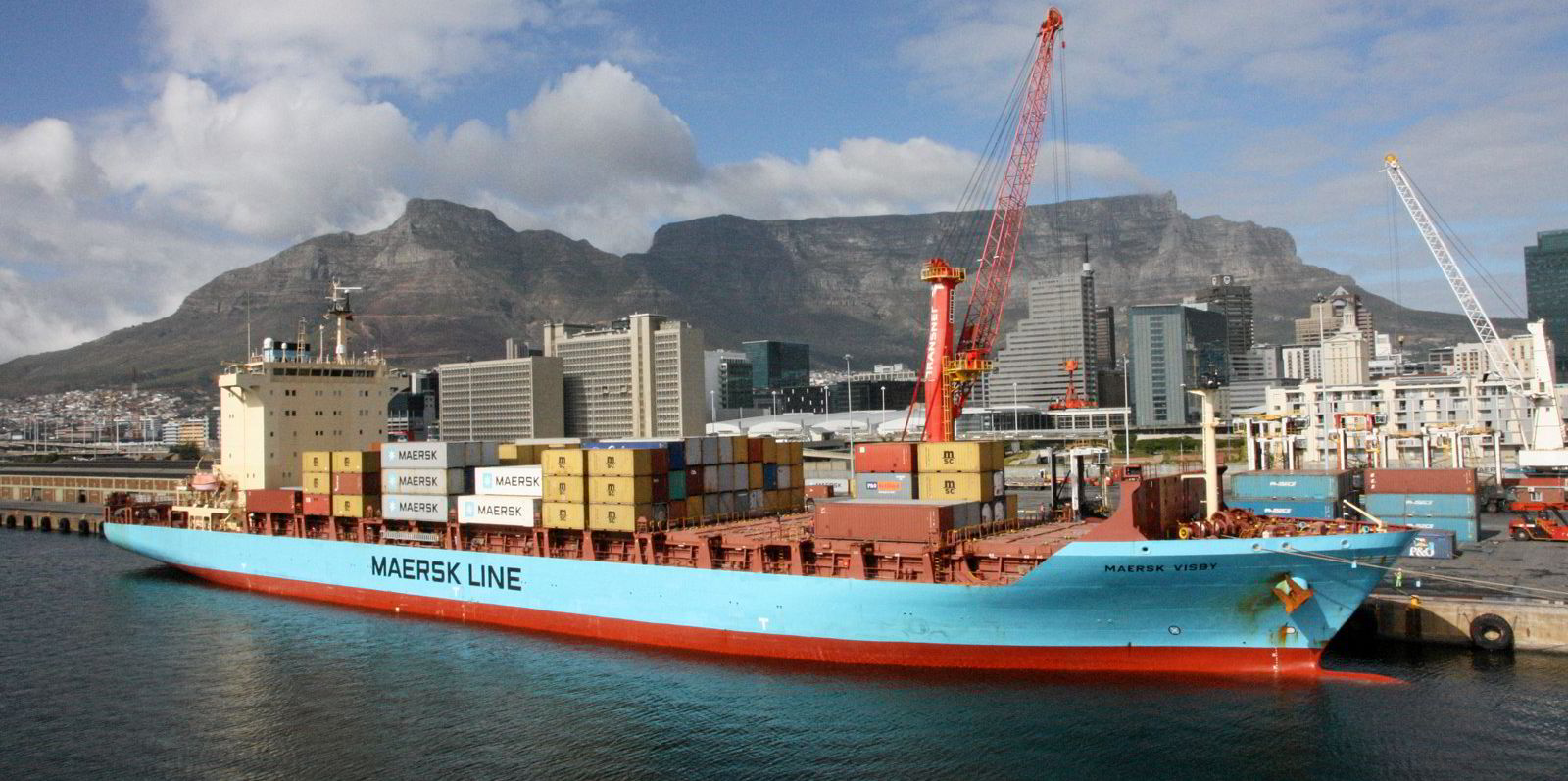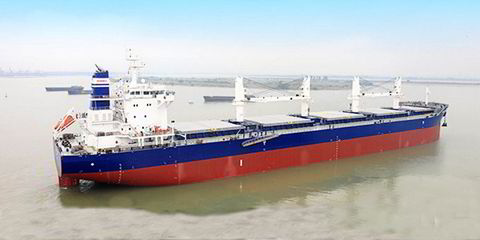Suez Canal ship diversions are already having a bigger impact on shipping markets than the Ever Given grounding of 2021, Clarksons Research believes.
The Red Sea is being avoided by container lines, tanker owners and car carrier companies, among others, following Houthi missile and drone attacks on vessels.
Managing director Stephen Gordon said his company has been tracking arrivals into the Gulf of Aden that show a 43% reduction in overall tonnage volumes over this week versus the first half of December.
The figure is 82% for container ships alone.
“While market impacts are already greater than the Ever Given Suez closure, the longevity of disruption is highly uncertain, depending on military and geopolitical developments,” he added.
There have been 24,000 transits through the canal so far this year, accounting for 10% of world trade.
“Not only does 20% of container trade pass through Suez, but shipping companies representing 86% of global capacity (and 95% of the capacity on services via Suez) have announced a pause on Red Sea transits,” Gordon said.
Already over 150 vessels of 1.9m teu have re-routed via the Cape of Good Hope, the company calculated.
The Suez Canal Authority had said on 17 December that only 55 ships had diverted to that point.
Clarksons has estimated that each month of diversion will add 0.8% to annual global container teu-mile trade.
Anticipating the extra fuel costs and impacts on overall market supply and demand from the extra distance, container freight futures for Asia to Europe are up 36% in the past week to $1,209 per teu.
This is still aligned with long-term averages, and 80% lower than the all-time Covid pandemic highs of $7,800, the UK company pointed out.
Aframax rates spike
Aframax tanker rates for cross-Mediterranean trips have jumped 50%, due to a lack of ships arriving in the region.
The Baltic Exchange basket of aframax rates was up 14% on Thursday to $49,800 per day.
“We would expect re-positioning issues and tonne-mile support to impact more generally,” Gordon added.
Bulker rate changes have been modest, however.
Clarksons’ asset value assessments have not moved this week, although some of its one-year boxship assessments have edged up marginally.
Gordon also pointed to “double trouble” due to disruption at the Panama Canal.
The canal authority is relaxing the limits on daily transits after higher-than-expected rainfall alleviated some problems caused by a serious drought.
But crossings are still 30% down on earlier activity.
“With material issues at two of shipping’s largest potential choke points, managing major disruption (again), while monitoring and understanding shipping segment impacts and risks, will be crucial,” Gordon advised.





